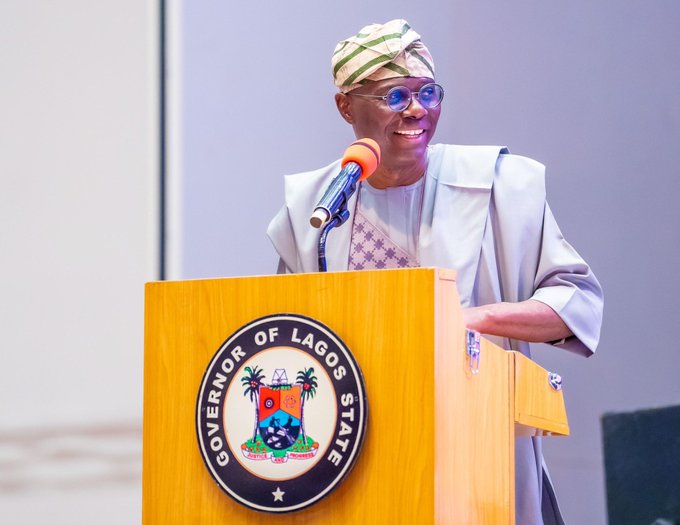In a groundbreaking move to make Lagos State laws more accessible to its residents, the Lagos State Government has announced plans to translate all its laws into the Yoruba language. This effort is designed to bridge the gap between the legal system and the Yoruba-speaking population, ensuring that everyone has a better understanding of the laws governing the state.
The announcement was made during a stakeholders’ meeting on Wednesday, held at the Debt Management Office, STO Resources Centre in Ikeja. The event, which focused on the People’s Perception Survey regarding the translation of laws, was organized by the Law Reform Commission in partnership with the Lagos Bureau of Statistics and the Ministry of Economic Planning and Budget.
According to the Lagos State Law Reform Commission, the translation process will use OpenAI’s GPT-4 technology to make it easier to interpret and convert existing laws into Yoruba. The move is expected to create a more inclusive and transparent legal system, particularly for the large Yoruba-speaking population in Lagos.
Speaking on the importance of the project, the Executive Secretary of the Lagos State Law Reform Commission, Mrs. Umul-Kulthum Ninilomo Bashar, described the translation as more than just a language initiative. She emphasized that it was about empowering citizens by giving them access to laws in their native language, making the legal system more understandable to the average person.
“This project is not just about translating words; it is about giving people the power to understand and follow the law in their mother tongue,” Bashar stated. She explained that this step would help remove language barriers that have long led to confusion and non-compliance, which has made law enforcement costly and difficult.
The translation project is set to cover at least 70 laws annually, and the government also plans to create a digital library of these laws in Yoruba. This library will be accessible to all, making it easier for citizens to interact with and understand their legal rights and responsibilities. Additionally, efforts are underway to include other local languages, such as the Ogu language, in future translations.
Mrs. Bashar further highlighted that the project would increase public confidence in the government, as citizens would be more informed about the laws that affect them. She also revealed that an AI-powered, interactive website would be developed as part of the initiative, allowing people to engage with the law in a modern, user-friendly way.
“This initiative will enhance trust between the people and the government. It will also foster a stronger connection by reducing misunderstandings and encouraging voluntary compliance,” she said.
She noted that many people currently struggle to follow laws written in English, especially in rural areas where Yoruba is predominantly spoken. The project aims to change this by making laws more accessible to everyone, leading to better legal literacy and smoother interactions between the government and its citizens.
Also speaking at the event, Mrs. Adejoke Deborah Olajide, a Yoruba Consultant for the Lagos State House of Assembly, emphasized the cultural importance of translating laws into Yoruba. She said that language plays a crucial role in how people understand and interact with legal systems.
“Yoruba is the native language of a large portion of Lagos residents, and this project will ensure that more people understand the laws that govern them,” Olajide remarked. She also stressed that the initiative is not just about legal understanding but also about preserving the Yoruba language.
“In addition to enhancing legal comprehension, we are preserving our linguistic heritage. This effort will keep Yoruba alive in legal documentation, allowing future generations to benefit from it,” Olajide added.
She expressed hope that other states in Nigeria would adopt similar measures, creating a more inclusive and culturally sensitive legal environment across the country.
Alhaji Hamzat Azeez, Chairman of the Community Development Advisory Council, also praised the initiative. He noted that translating laws into Yoruba would help spread legal knowledge to grassroots communities, which often struggle with understanding laws written in English.
“Ignorance of the law is not an excuse. People need to know what the law says in a language they understand,” Azeez stated. He added that this initiative would significantly increase awareness and compliance among residents. Azeez explained that community representatives would be tasked with sensitizing people about the Yoruba translation of laws, gathering feedback from residents, and ensuring the project meets the needs of the people it is meant to serve

